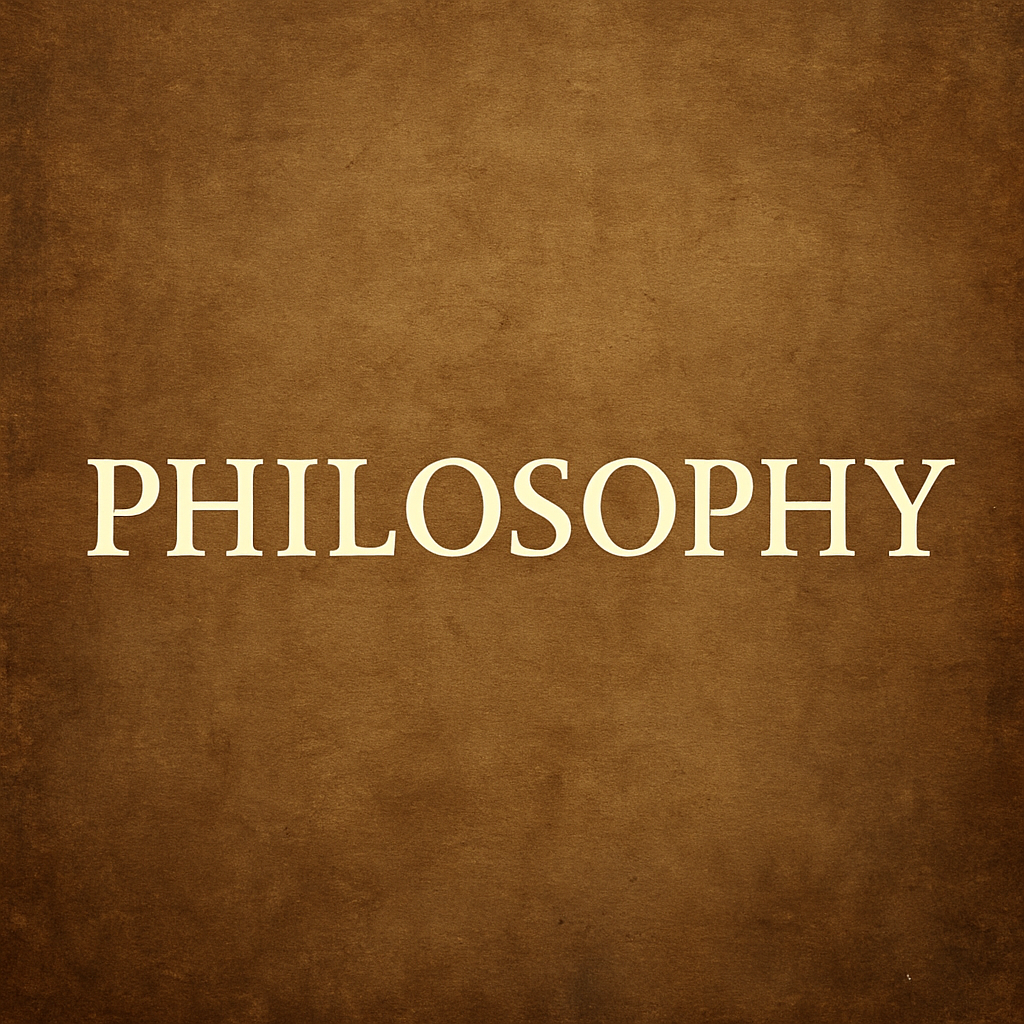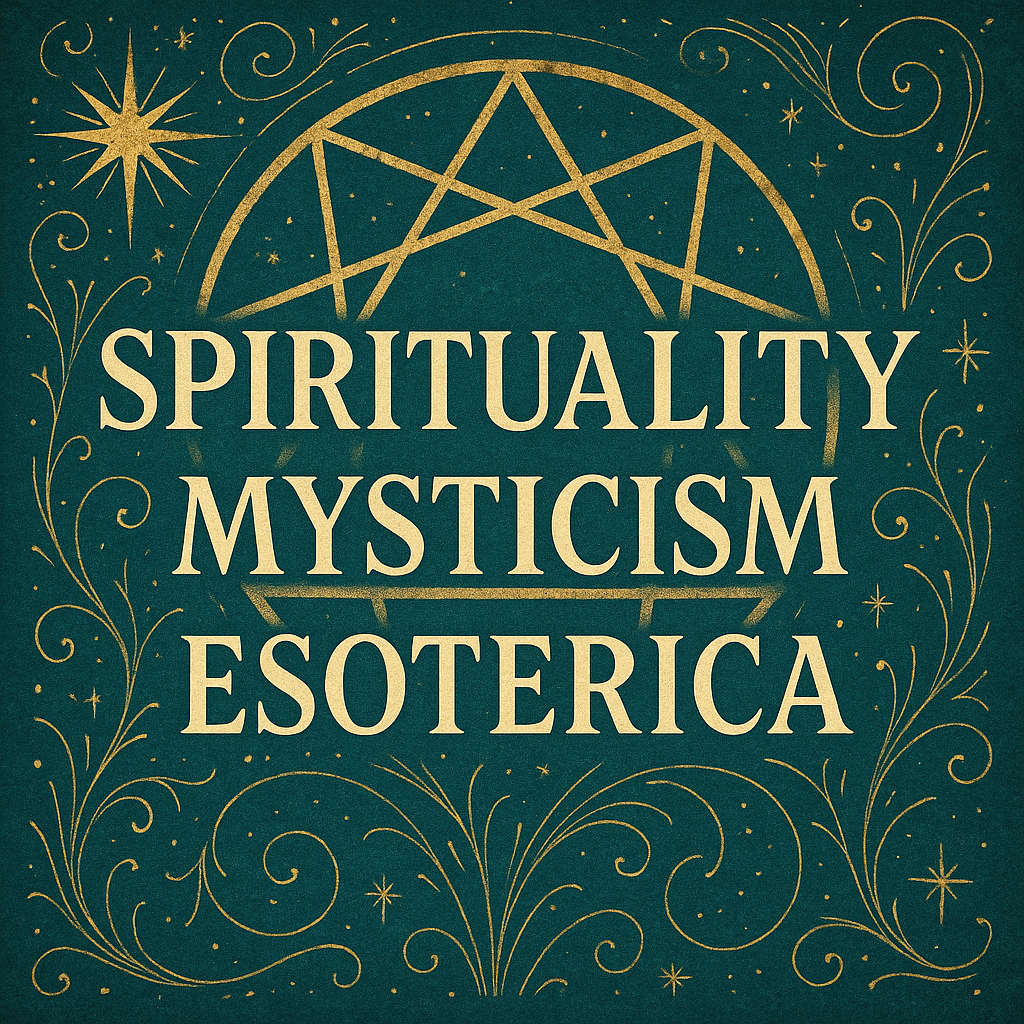I read a lot. It’s one of the ways I try to make sense of this strange, beautiful, and often contradictory world. And not just mainstream nonfiction or practical how-tos—I read about out-of-body experiences, mystical states of consciousness, psychic phenomena, spiritual systems, esoteric philosophies. The kind of stuff many people dismiss outright, sometimes with a smirk.
But I don’t dismiss it. Not because I believe everything I read. And not because I don’t have a good BS detector. I just think that the truth—especially the deeper truths—rarely show up in tidy packaging. In my experience, they come mixed in with a lot of noise, speculation, wishful thinking, metaphor, projection, and sometimes even delusion. But that doesn’t mean there’s no signal.
So what do I do? How do I separate the gems from the garbage?
I don’t.
At least not right away.
Instead, I work with a kind of internal dialectic. A tension. A conversation between two parts of myself that I keep in active dialogue: open-mindedness and skepticism.
Now, these terms can be slippery, so let me be clear what I mean.
By open-mindedness, I don’t mean blind acceptance. I mean: “Hmm, that could be true.”
By skepticism, I don’t mean cynicism or closed-hearted denial. I mean: “Hmm, that might not be true.”
And somewhere in the space between those two hums—that’s where I believe real knowledge starts to emerge.
Most of what we encounter, especially in the realm of esoteric or spiritual ideas, comes to us secondhand. A story, a theory, a testimony, a model. Someone else’s experience, someone else’s map. It can be useful, even illuminating—but it isn’t ours. Not yet. Until we experience it for ourselves, until we see it click into the machinery of our own direct perception, it remains what I call “asterisk knowledge.” An idea held loosely. A possibility, not a pillar.
This approach helps me stay sane and curious.
It gives me permission to entertain radical ideas without swallowing them whole.
It also keeps me from shutting the door on something just because it doesn’t fit my current understanding.
And over time, if I’m lucky (or ready), some of these ideas shift. The asterisk fades. An idea becomes lived truth. That’s what the ancients called gnosis—not knowledge you read, but knowledge you are.
In a world so eager to divide ideas into true or false, real or fake, rational or woo, I’ve found that holding this dynamic balance between open-mindedness and skepticism keeps me aligned with something deeper than certainty: it keeps me aligned with the process of discovery.
So no, I don’t separate the BS from the truth with a red pen and a hard line. I just keep reading. I keep listening. I keep the dialogue alive.
And somewhere in that quiet, curious space between “hmmm” and “hmmph,” the real stuff begins to shine.


